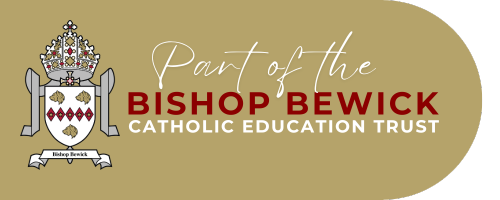
SCIENCE
INTENT:
At St Mark’s Catholic Primary School our vision for Science education is to inspire and nurture curiosity, creativity, and a desire for scientific exploration in all our pupils. We believe that science provides a unique opportunity for children to develop their critical thinking skills, cultivate an understanding of the natural world, and become responsible global citizens.
Develop Scientific Knowledge and Understanding:
We intend to provide a coherent science curriculum that covers the key scientific disciplines, including Biology, Chemistry, and Physics. Our curriculum is designed to build a deep understanding of important scientific concepts and principles, ensuring progression of knowledge and skills across the primary years.
Develop Scientific Skills:
We intend to provide regular opportunities for our pupils to develop and apply a wide range of scientific skills, such as observing, predicting, hypothesising, experimenting, and evaluating. We believe it is important for our pupils to develop the ability to work scientifically, enabling them to investigate and solve problems in a scientific manner.
Foster Curiosity and a Love for Science:
We intend to foster a love for science by providing engaging and inspiring learning experiences. Our curriculum includes hands-on practical activities, real-life investigations, and opportunities for pupils to explore their own questions and ideas. We aim to nurture their natural curiosity and ignite a lifelong passion for scientific learning.
IMPLEMENTATION:
Early Years: Our Early Years curriculum is taught through play, a well thought out and planned environment, adult led activities and interest/ child-initiated activities. We develop early Science skills and knowledge through the Understanding the World strand of the Early Years Framework. The Early Learning Goals for this strand state children can;
Explore the natural world around them, making observations and drawing pictures of animals and plants.
Know some similarities and differences between the natural world around them and contrasting environments, drawing on their experiences and what has been read in class.
Understand some important processes and changes in the natural world around them, including the seasons and changing states of matter
KS1 & 2:
Our science curriculum is carefully planned and sequenced, ensuring a logical progression of learning. It is aligned with the National Curriculum and incorporates the specific scientific knowledge, skills, and vocabulary relevant to each year group. We have identified key learning objectives for each unit of study, enabling teachers to plan effectively and track pupil progress. The curriculum is enhanced to include relevant local and global contexts. We also promote cross-curricular links between Science and other subjects, fostering coherence and enabling pupils to apply their scientific knowledge in real-life contexts.
Whole School: To enhance the curriculum and provide enriching experiences, we offer extra-curricular activities, educational visits with a science focus and make links with local farmers through Countryside Alliance. We believe that fostering meaningful connections allows pupils to see the practical applications of science in the real world and the opportunities they have for future study, jobs and careers.
IMPACT:
By the time our students leave St Mark’s, they will have:
Developed a deep conceptual understanding of key scientific principles.
Acquired a wide range of scientific knowledge and vocabulary relevant to their age.
Gained vital scientific skills, including critical thinking, problem-solving, and practical investigation techniques.
Developed a positive attitude towards science, showing curiosity and enthusiasm for learning.
Developed an awareness of the ethical implications of scientific advancements and their responsibility in shaping a sustainable future.
Gained an understanding of the scientific method, enabling them to evaluate evidence, critically analyse information, and make informed decisions.
We track the impact of our provision through regular assessment, progress reviews, and ongoing dialogue with pupils, parents


